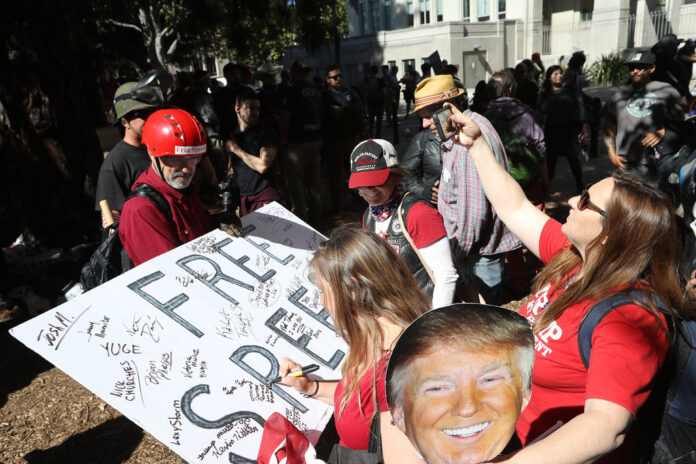The current state of affairs in the United States has led to much debate over liberalism, with many taking issue with liberal values that they feel are too extreme. It is common to see blame placed on liberals for their views on liberty and freedom, but this blame should not lie solely with liberals. Instead, it should be aimed at institutions that misinterpret these same liberal ideas and use them as a shield against criticism.
A recent case in point can be seen at Hamline University in Minnesota, where an adjunct professor was fired after teaching students about a painting depicting the Prophet Muhammad. Although the professor had broken no laws or university policies, he was still let go from his job after some students felt offended by the material. The controversy surrounding this incident is not just about religious beliefs or liberalism; it also speaks to issues of free speech and religious liberty.
In many cases like this one, institutions will embrace concepts such as antiracism and free speech only partially, creating false binaries between those who defend these values and those who oppose them. This has allowed illiberal to gain traction in politics while simultaneously undermining public trust in the very ideals they claim to protect. Moreover, by offering only half-hearted support for such values, institutions have created an environment where people can easily misinterpret these ideas and use them as an excuse for oppressive behavior.
Ultimately, this is not only damaging to our democracy but also serves as a reminder that institutions must live up to their professed commitment to free speech and religious liberty if we are ever going to achieve true progress in this country. Liberals should not bear sole responsibility for any misapplication of these ideals—even if some may push them beyond what society deems acceptable—but instead we must hold accountable those organizations that use their power to manipulate these same principles for their own ends.



